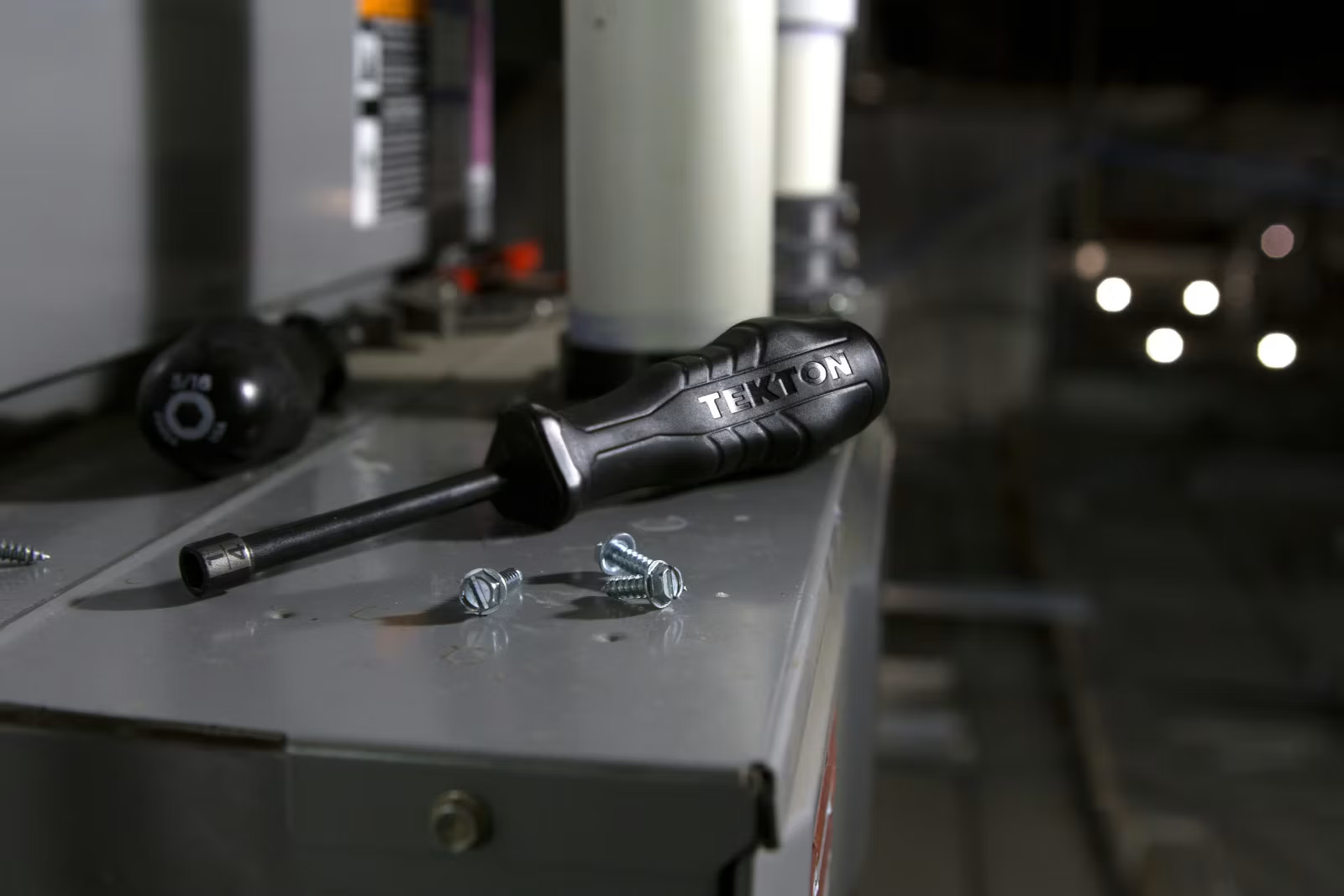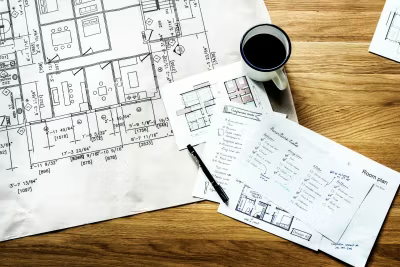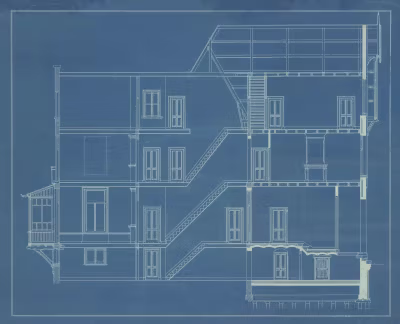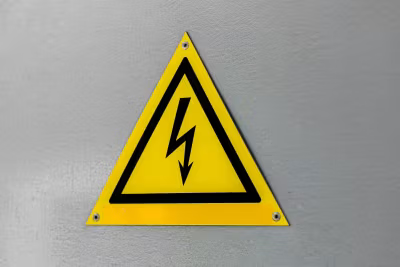Mechanical Systems

Welcome to Hollington Law Firm, a Colorado law firm specializing in construction defect claims. With a strong track record of success, we are committed to protecting the rights and interests of homeowners facing construction defects. Our experienced team of legal professionals brings unparalleled expertise and dedication to every case, ensuring that our clients receive the compensation and justice they deserve.
Understanding Mechanical Systems in Construction
Mechanical systems are integral to the functionality and comfort of any building, encompassing a wide range of components and installations that facilitate essential services such as heating, ventilation, air conditioning (HVAC), plumbing, and electrical systems. These systems are designed to create a safe, comfortable, and efficient environment within residential, commercial, and industrial properties. Key mechanical systems in construction include:
HVAC Systems: Heating, ventilation, and air conditioning systems regulate indoor climate, ensuring comfort and air quality.
Plumbing Systems: These systems manage water supply, drainage, and sewage, providing essential water services and sanitation.
Electrical Systems: Electrical installations distribute power throughout the building, enabling lighting, appliance operation, and other electrical needs.
Fire Protection Systems: These include sprinkler systems, alarms, and other fire safety installations designed to protect property and lives.
Elevator and Escalator Systems: Critical for vertical transportation within multi-story buildings.
Common Failures of Mechanical Systems
Mechanical systems can experience a variety of failures, often due to design flaws, poor installation, inadequate maintenance, or manufacturing defects. Some of the most common mechanical system failures include:
HVAC Failures:
Improper installation leading to inefficient operation or system breakdowns.
Refrigerant leaks causing poor cooling performance.
Faulty thermostats and controls affecting temperature regulation.
Ductwork issues leading to uneven heating and cooling distribution.
Poor insulation resulting in energy inefficiency.
Plumbing Failures:
Leaking pipes causing water damage and mold growth.
Faulty fixtures leading to water wastage or inadequate water supply.
Blocked or broken drainage systems causing sewage backups.
Insufficient water pressure due to poor system design or pipe corrosion.
Electrical Failures:
Faulty wiring increasing the risk of electrical fires.
Overloaded circuits leading to frequent power outages.
Malfunctioning electrical panels and breakers.
Non-compliance with electrical codes resulting in safety hazards.
Fire Protection System Failures:
Inadequate sprinkler coverage or malfunctioning sprinklers.
Faulty fire alarms and detection systems.
Poorly maintained fire extinguishers and emergency equipment.
Elevator and Escalator Failures:
Malfunctioning motors and control systems causing operational issues.
Wear and tear on mechanical components leading to breakdowns.
Safety system failures posing risks to users.
Who is Potentially Responsible for Mechanical System Failures?
Determining liability for mechanical system failures can be complex, involving multiple parties depending on the nature of the defect. Potentially responsible parties include:
Architects and Engineers: If the failure is due to design flaws or inadequate planning, the responsibility may lie with the architects or engineers who designed the system.
Contractors and Subcontractors: Poor installation practices by contractors or subcontractors can lead to system failures, making them liable for resulting damages.
Manufacturers and Suppliers: Defective components or materials provided by manufacturers or suppliers can cause system failures, implicating them in liability claims.
Maintenance Providers: Inadequate or negligent maintenance by service providers can contribute to system malfunctions, holding them accountable for resulting issues.
Property Owners and Managers: In some cases, property owners or managers may share responsibility if they failed to address known issues or neglected regular maintenance.
Potential Claims for Mechanical System Failures
When mechanical system failures occur, affected parties have several potential claims they can pursue to seek compensation and resolution. These claims may include:
Breach of Contract: If the failure results from non-compliance with contractual terms, a breach of contract claim can be filed against the responsible party. This claim can seek damages for the cost of repairs, replacements, and any consequential losses.
Negligence: Negligence claims can be pursued if the failure is due to careless or substandard work by contractors, installers, or maintenance providers. These claims require proving that the responsible party failed to exercise reasonable care, resulting in damages.
Product Liability: If a defect in a component or material causes the mechanical system failure, a product liability claim can be filed against the manufacturer or supplier. This claim can seek compensation for damages caused by the defective product.
Warranty Claims: Many mechanical systems come with warranties from manufacturers or installers. If the system fails within the warranty period, a claim can be made to cover repairs or replacements under the warranty terms.
Strict Liability: In some cases, strict liability may apply, holding the responsible party liable for damages without needing to prove negligence or fault. This is often applicable in cases involving inherently dangerous activities or defective products.
Fraud and Misrepresentation: If the responsible party knowingly provided false information or concealed defects during the sale or construction process, a fraud or misrepresentation claim can be pursued to seek damages and punitive action.
How Hollington Law Firm Can Help
At Hollington Law Firm, we understand the complexities and challenges involved in construction defect claims, particularly those related to mechanical systems. Our experienced attorneys provide comprehensive legal support, guiding you through every step of the process to achieve the best possible outcome. Here's how we can assist:
Case Evaluation: We offer a thorough evaluation of your case to determine the validity of your claims and identify the responsible parties.
Expert Consultation: Our network of industry experts, including engineers, contractors, and inspectors, can provide critical insights and evidence to support your case.
Negotiation and Settlement: We engage in negotiations with the responsible parties and their insurers to seek fair settlements that cover your damages and losses.
Litigation: If a settlement cannot be reached, our skilled litigators are prepared to take your case to court, presenting a compelling argument to secure the compensation you deserve.
Comprehensive Support: We handle all legal aspects of your claim, from documentation and evidence gathering to representing you in court, allowing you to focus on recovering from the impact of the defect.
Why Choose Hollington Law Firm?
With years of experience in handling construction defect claims, Hollington Law Firm has established a reputation for excellence and client satisfaction. Our commitment to integrity, transparency, and personalized service sets us apart. We work tirelessly to protect your rights and achieve the justice you deserve.
Expertise: Our team specializes in construction law, bringing deep knowledge and experience to every case.
Dedication: We are committed to our clients, providing attentive and responsive service throughout the legal process.
Results: Our proven track record of successful outcomes speaks to our ability to effectively advocate for our clients.
Contact Us Today
If you are facing issues with mechanical systems in your property due to construction defects, don't hesitate to seek legal assistance. Contact Hollington Law Firm today for a consultation and let us help you navigate the complexities of your claim.
At Hollington Law Firm, we are here to fight for your rights and ensure that you receive the compensation and justice you deserve. Trust us to be your dedicated partner in resolving construction defect claims related to mechanical systems.
Have Questions About Your Case?
Schedule a free 15-minute screening call to discuss your construction defect or property damage claim with our experienced attorneys.



